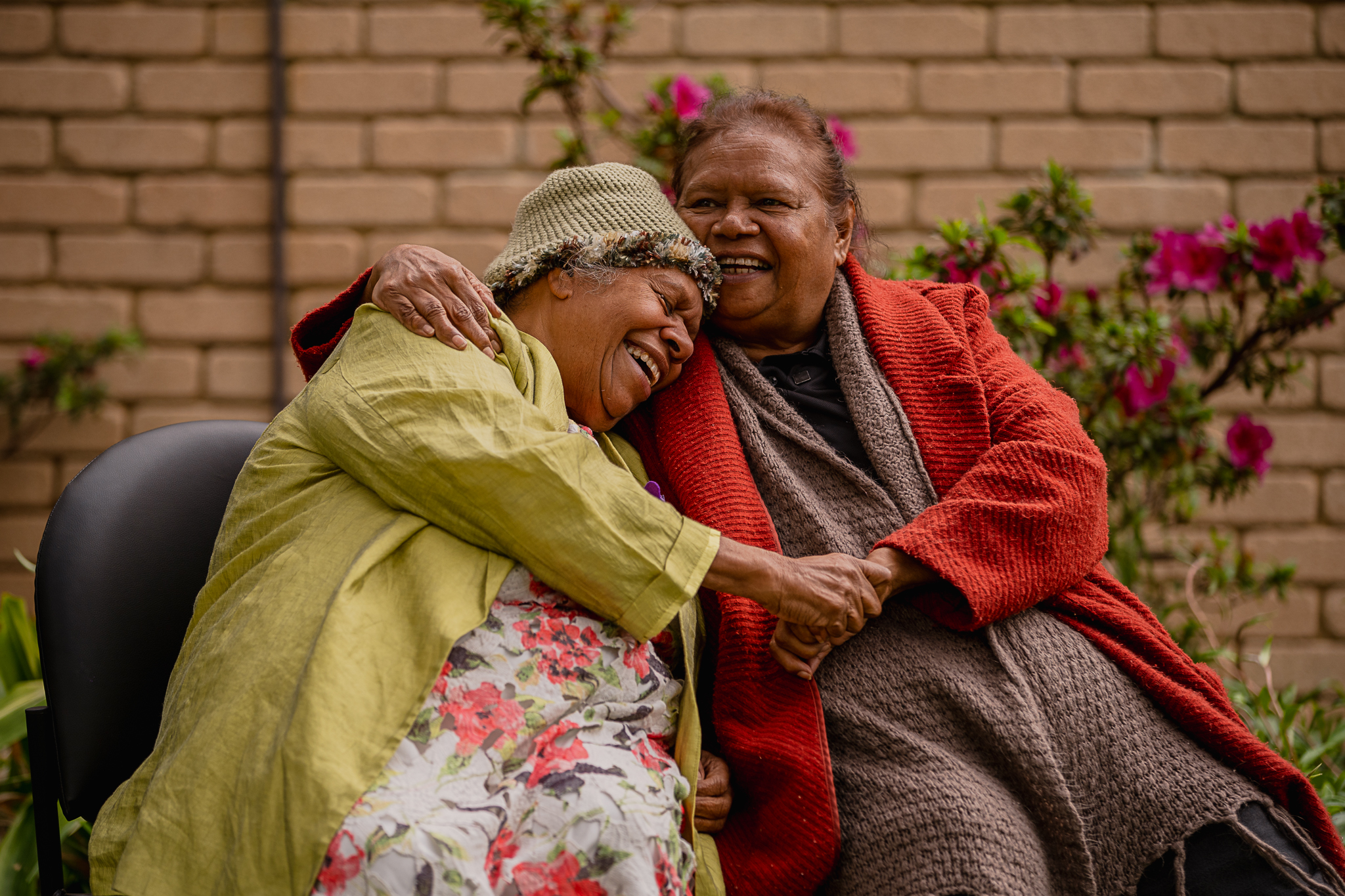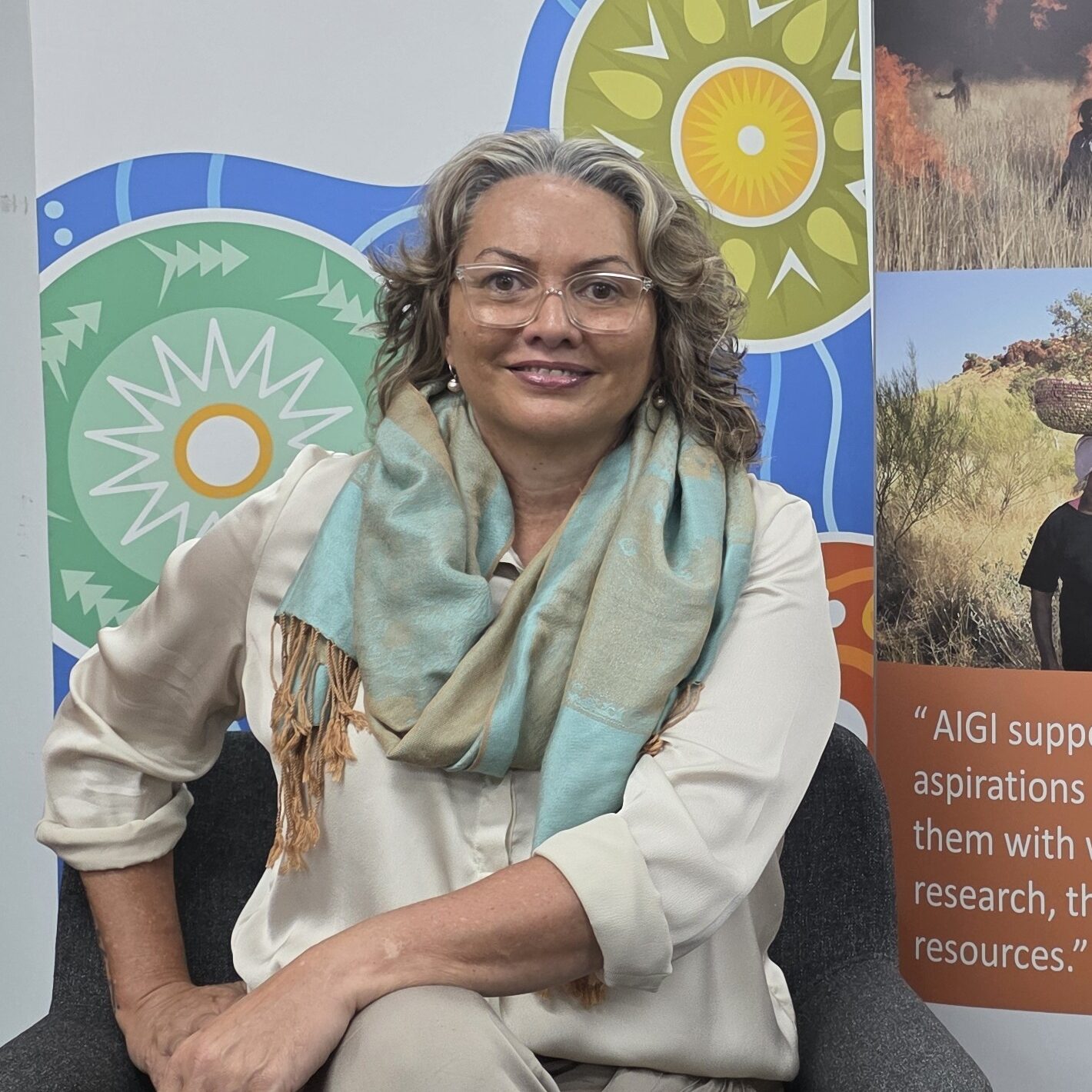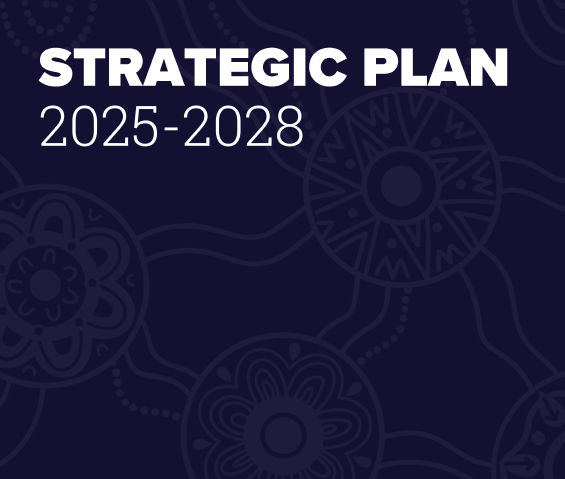Celebrating a Trans-Tasman Partnership: Māori and Australian First Nations Governance Leaders Unite...
Adaptive self-determination and the IGD Project

During the global pandemic, Indigenous groups in Australia demonstrated remarkable organisational capabilities in exercising adaptive self-determination. They proactively directed their efforts and took autonomous actions to deliver essential services and timely support to their communities during the crisis. Organisations and their leaders effectively adapted to evolving circumstances and implemented innovative solutions to govern the impacts of COVID-19.
The Indigenous Governance of Development (IGD) project highlighted the different forms of self-determination shown by many Indigenous organisations during the pandemic. Carried out by the Centre of Aboriginal Economic Policy Research (CAEPR) and AIGI, the project aimed to improve understanding of the distinctive crisis resilience and governance innovations exhibited by Indigenous organisations in times of crises. The study ran an online survey and conducted follow-up calls with thirty incorporated Indigenous organisations throughout different stages of the pandemic. Organisations demonstrated great capabilities for collective self-governance that were used as a strategic resource to navigate the pandemic’s challenges.7 Lara Drieberg, Diane Smith and Dale Sutherland, Governing the Pandemic: Adaptive Self- Determination as an Indigenous Organisational Tool (Canberra: Centre for Aboriginal Economic Policy Research, 2024), 12, [link]
A common element highlighted in the IGD project’s findings included the considerable effort of Indigenous organisations to protect their cultural values in their responses to the pandemic. Respondents highlighted that their priorities centred around protecting the health of Elders. One organisation shared that values of ‘kinship, communication, community and connection’ led the way.8 Lara Drieberg, Diane Smith and Dale Sutherland, Governing the Pandemic: Adaptive Self- Determination as an Indigenous Organisational Tool (Canberra: Centre for Aboriginal Economic Policy Research, 2024), 26, [link] Another response expressed a commitment to and responsibility for serving community provided strong motivation:
“Responsibility to serve community acted as strong foundation to help [our] organisation stay afloat. [A] strong sense of purpose and responsibility ensured staff stayed committed and focused on the job at hand and on getting through.”
– Responding organisation, Governing the Pandemic: Adaptive Self- Determination as an Indigenous Organisational Tool (Canberra: Centre for Aboriginal Economic Policy Research, 2024), 26.
Organisations recognised a need for locally meaningful, timely and accurate information about COVID-19. They effectively utilised their Indigenous networked pathways to quickly distribute information regarding symptoms, prevention of virus transmission, and testing. They also significantly invested in communicating information with cultural relevance, ease of understanding and applicability to local communities and their members.9 Lara Drieberg, Diane Smith and Dale Sutherland, Governing the Pandemic: Adaptive Self- Determination as an Indigenous Organisational Tool (Canberra: Centre for Aboriginal Economic Policy Research, 2024), 28, [link]
Organisations also developed and delivered culturally relevant communication. Close to 50% of organisations translated information into local Indigenous languages or multimedia formats to increase its relevance to the audience. They also demonstrated their own expertise on Indigenous communication styles to translate what was often complex technical information into meaningful content.10 Lara Drieberg, Diane Smith and Dale Sutherland, Governing the Pandemic: Adaptive Self- Determination as an Indigenous Organisational Tool (Canberra: Centre for Aboriginal Economic Policy Research, 2024), 28, [link]
The COVID-19 pandemic illustrated the capacity of organisational leaders, including board members and executives, to remain informed about the latest government directives and health guidelines. The engagement of the board was also instrumental for communication to reach community:
“Whenever we had the opportunity to speak outwardly to our community, the board were also there with me or one of the doctors. They didn’t want to get involved in operations, they tell us all the time ‘that’s what they pay us for’, but they absolutely wanted to complement what we were doing and get the word out there from themselves as community members. They’ve been instrumental in the vaccine rollout. The chairperson and I got our vaccinations the other day and posted it all over our social media. That’s the sort of thing where our board is really helpful for us”.
– Responding organisation, Governing the Pandemic: Adaptive Self- Determination as an Indigenous Organisational Tool (Canberra: Centre for Aboriginal Economic Policy Research, 2024), 29.
For Indigenous organisations, the focus extended beyond merely responding to external pressures or events; it involved directing their own trajectory and exercising autonomous action. This proactive approach exemplifies adaptive self-determination. Organisations mobilised their relationships with non-Indigenous partners and stakeholders, reaching far beyond their immediate Indigenous networks. 60% of organisations rated their strong relationships with external agencies as important. Some organisations leveraged external partnerships to direct extra sources of support and resources such as helpful tips, increased understanding of the pandemic and for some even provision of personal protective equipment (PPE), tablets and smartphones. Organisations also pursued new partnerships with health services, community organisations and government to coordinate and develop ways to support their members.11 Lara Drieberg, Diane Smith and Dale Sutherland, Governing the Pandemic: Adaptive Self- Determination as an Indigenous Organisational Tool (Canberra: Centre for Aboriginal Economic Policy Research, 2024), 32, [link]
Indigenous organisations were also key in responding to the lack of healthy, affordable and available food in remote communities across the country. Several organisations reported that they immediately began coordinating the provision of food, shelter and health and personal items for those in need. Some organisations also offered mental health support and linking to other services. Importantly noted, of the responding organisations, 37% took on significant additional roles and workload to deliver their priorities.12 Lara Drieberg, Diane Smith and Dale Sutherland, Governing the Pandemic: Adaptive Self- Determination as an Indigenous Organisational Tool (Canberra: Centre for Aboriginal Economic Policy Research, 2024), 26, [link]









.png)

